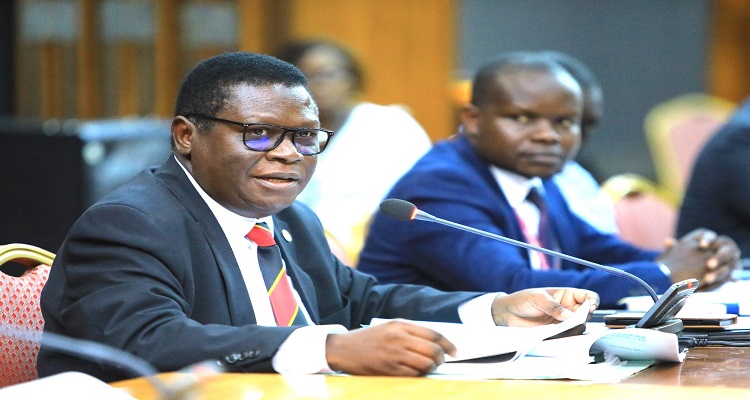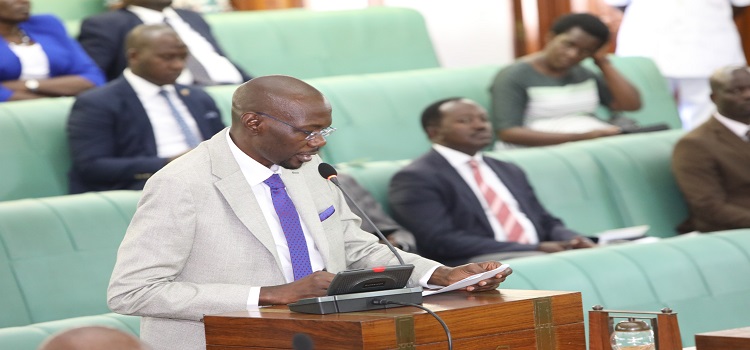The Minister of Justice and Constitutional Affairs, Hon. Norbert Mao, has urged for compensation of victims who have suffered brutality from security forces tasked with patrolling water bodies. Speaking before the Committee on Agriculture, Animal Industry, and Fisheries on January 31, 2024, Mao, who chairs the Cabinet Standing Committee on Human Rights, emphasized the need to address rampant human rights violations in fishing communities.
Mao called attention to the non-negotiable nature of human rights, suggesting the possibility of recommending ex-gratia compensation for citizens who have been maimed or lost breadwinners due to these violations. He criticized the operations of the Fishing Protection Unit of the Uganda Peoples’ Defence Forces, stating that they lacked proper training to handle civilians, leading to increased human rights abuses.
The lasting solution proposed by Mao involves implementing the Fisheries and Aquaculture Act, 2022, which establishes the Fisheries, Monitoring, Control, and Surveillance Unit to replace the UPDF. According to Mao, the establishment of this unit will eliminate the need for the UPDF’s involvement in water bodies.
Minister of Trade, Industry, and Cooperatives, Francis Mwebesa, informed the committee about government initiatives to address concerns raised by the Fish Maws and Traders Association. He mentioned the signing of a fish trade protocol with China, allowing Ugandans more liberty to trade directly in China.
However, Minister of Finance (General Duties), Hon. Henry Musasizi, rejected claims of overtaxing the fish maw trade, stating that the taxes applied were consistent with other sectors. He defended the export levy of eight percent, stating that it was justifiable for revenue mobilization, citing a study by the Economic Policy Research Centre.
MPs questioned the credibility of the study, arguing that fish maw traders contested its accuracy. Concerns were also raised about the ambiguous nature of the law and the need to handle fishing-related offenses at magistrate courts within local governments. Suggestions were made to create a conducive environment for the fishing industry’s growth and address concerns about foreign dominance in the sector.




















